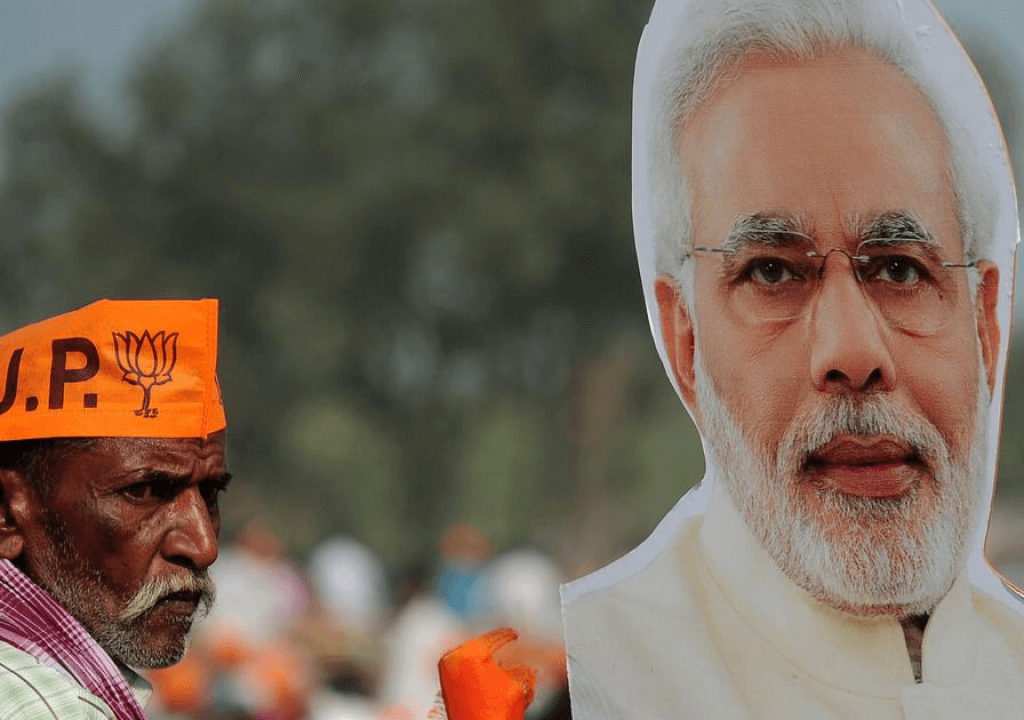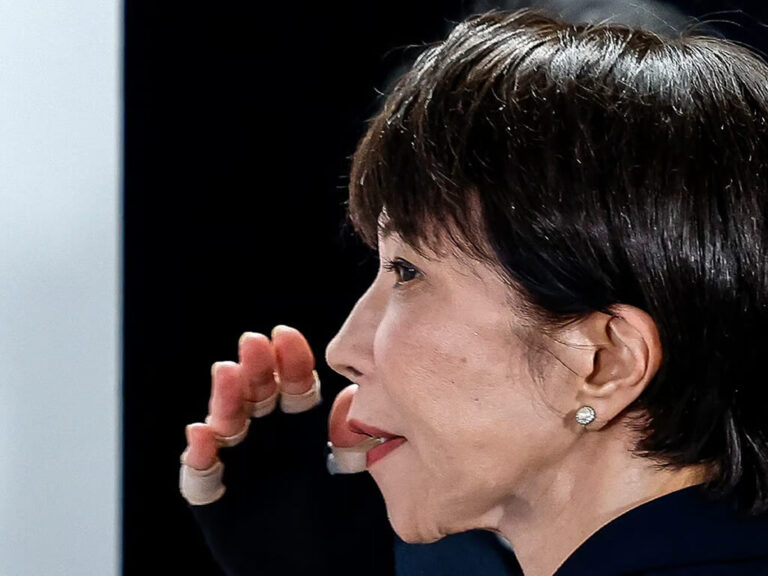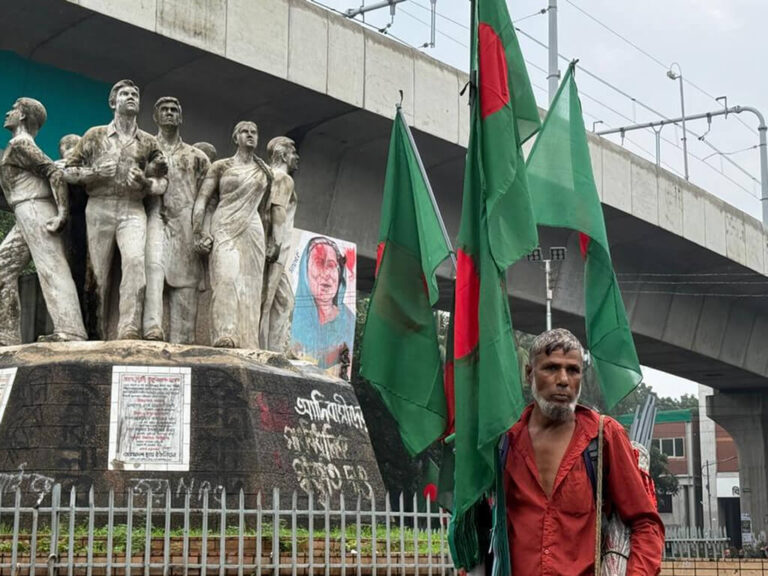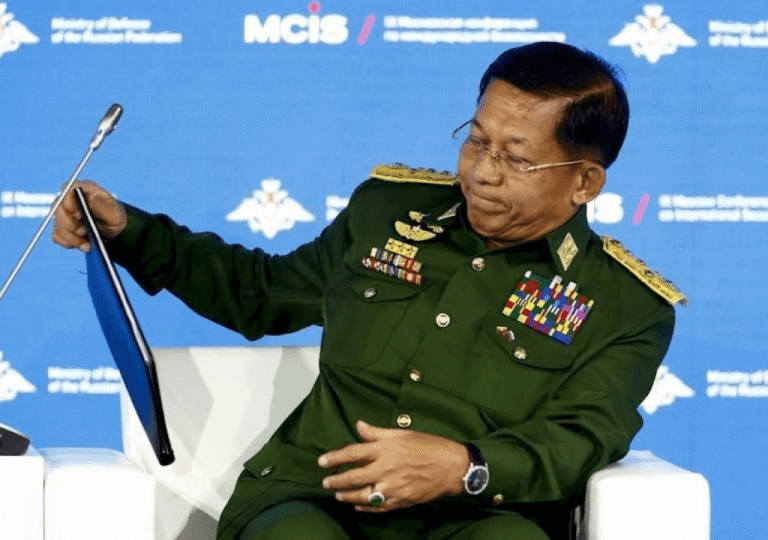Prime Minister Narendra Modi is confident in his assertions. He has reiterated in the previous assembly meetings in parliament, the Republic Day ceremony, and numerous rallies that he will undoubtedly win the upcoming election. He has also stated his aim to secure over 400 seats in the House of Commons. This isn’t mere boasting; Modi is acutely aware of the ground realities. Having started his career as a tea seller and grassroots worker, he understands the pulse of the nation.
A potential third term would pave the way for the BJP to implement its ideology, such as Hindu nationalism, with greater authority. While many express concerns about the potential authoritarianism and one-party state that a third term for Modi could entail, the opposition seems ill-prepared to counter the BJP’s groundwork and ambitions.
The Bharatiya Janata Party (BJP) has already completed seat distribution among its allies and commenced a significant number of candidate selections for the upcoming election marathon. They are confident in their prospects, buoyed by the BJP’s favorable standing in opinion polls. Even though the aspiration of securing over 400 seats out of the total 545 seems ambitious according to current opinion polls, the BJP has a history of surpassing such predictions. In the last Lok Sabha election in 2019, opinion polls underestimated the BJP’s performance, predicting that only alliances could surpass the 272-mark, yet the BJP single-handedly crossed the 300-seat threshold.
Expanding into regions where the party traditionally had limited presence, such as Kerala, Tamil Nadu, Odisha, and West Bengal, while maintaining dominance in Hindi-speaking states and western India, suggests that the BJP could easily exceed expectations. By positioning strong candidates and allocating seats based on ground surveys and reports, the party is laying extensive groundwork. Indian media’s overwhelming support for Modi and the government is evident, with a focus on celebrating the BJP rather than reporting on common people’s issues. News channels have taken on a quasi-spiritual role, projecting Modi as a spiritual leader and guru, particularly during events like the Ayodhya temple opening ceremony.
Given the importance of social media in a country with the highest number of smartphone users and mobile connectivity in the world, the BJP’s successful utilization of social media is noteworthy. Their campaigns are saturating Indian cyberspace, further bolstering their electoral strategy.
The BJP benefits greatly from the weakness of the opposition, particularly the Indian National Congress (INC). While analysts warn of increasing authoritarian tendencies within the BJP, the Indian opposition struggles to compete with Modi, even in media representation. Narendra Modi has openly expressed his goal of achieving a “Congress Mukt Bharat”, aiming to eliminate the main opposition party, the INC, from Indian politics. The INC’s presence in the media and social media platforms has significantly diminished, with their funds frozen due to actions by the tax department. Moreover, notable leaders, including former chief ministers, are defecting to the BJP amidst targeted investigations by the Enforcement Directorate into financial irregularities. This move not only weakens the opposition but also potentially shields those joining the BJP from further scrutiny by the Enforcement Directorate. Alongside these stringent measures against the opposition and the acquisition of media outlets, as well as the expansion of influence over the executive and judiciary, some analysts argue that this trend is leading to the increasing dominance of Modi and the BJP across all spheres of governance.
Simultaneously, some experts highlight the unpredictability of Indian voters and they argue that opinion polls are pointless. Indian elections are inherently uncertain due to the vast diversity of the electorate, comprising 970 million individuals from various ethnicities, languages, and cultures. With an expected voter turnout of over 60%, the electorate’s highly emotive nature can lead to abrupt shifts in political preferences. Historical events, such as the 1991 general election, where the unforeseen assassination of Congress leader Rajiv Gandhi reshaped the electoral landscape, serve as poignant reminders of this unpredictability. Similarly, the decision by the Vajpayee-led BJP government to call for early elections, despite favorable opinion polls, led to an unexpected mandate for the INC.
This unpredictability remains a significant factor, offering hope to the opposition until the final polls are concluded. Opposition parties anticipate potential seat losses for the BJP over the course of its ten-year tenure. Additionally, internal conflicts between new BJP leaders who come from other parties and traditional party figures add an intriguing dimension to the political landscape. The formation of alliances between regional parties and the Congress presents an opportunity to garner diverse support, particularly amidst ongoing issues such as farmer protests, unemployment, and price hikes.
However, the current dominance of the Indian media, largely funded by BJP-linked business interests, poses a challenge for the opposition. Despite aspirations for a 400-seat victory, the reality remains that the Congress lacks the capacity to diminish the BJP’s majority, touching the crucial 272-mark.
When Jawaharlal Nehru, India’s inaugural Prime Minister, along with the freedom fighters, embraced democracy in a largely illiterate state, it signified a courageous step forward. Despite facing skepticism and ridicule initially, Nehru diligently fostered a democratic ethos in India. Even amidst criticism, he acknowledged and rewarded journalists and cartoonists for their critiques, showcasing his dedication to democratic principles. However, following Nehru’s era, India experienced a gradual decline in these values, with corruption, dynastic politics, horse-trading, and moral bankruptcy becoming prevalent.
The BJP, under the leadership of Modi, emerged as a response to the scams and corruption of the previous Congress-led government. Failing to address these issues, Congress paved the way for the BJP’s rise, which now faces an election without many negative factors weighing it down. With its roots in the Hindu nationalist organization RSS, it’s evident that a third term for the BJP would align closely with the RSS’s directives. This third term could potentially redefine India, moving it further away from the principles established by Nehru’s government in 1947.








